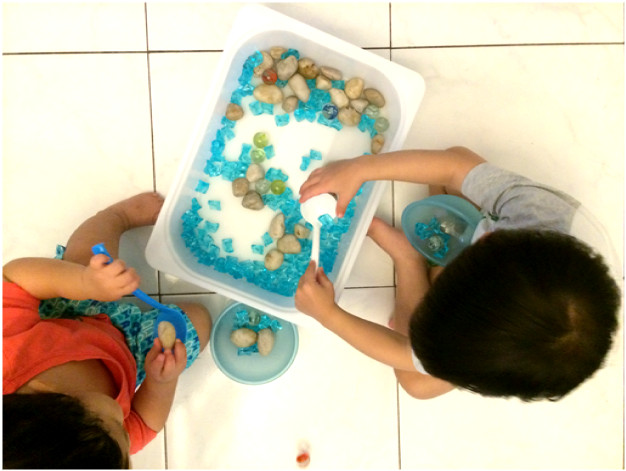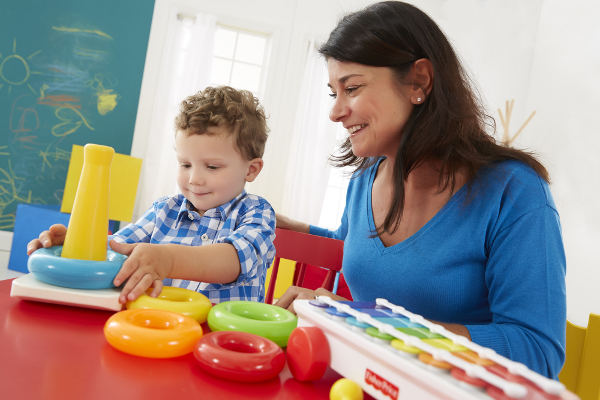The number of Singaporean parents choosing to homeschool appears to be on the rise, if social network memberships are anything to go by. As awareness about homeschooling grows, and its popularity increases, more parents are giving it serious consideration as an alternative to sending their children to traditional schools.
What to consider if you are thinking of homeschooling
Homeschooling your own child is certainly no small undertaking. Just as with any serious commitment, your success can depend on how well you’ve assessed all the factors involved. Here are some basic ones to consider.
1. Your spouse’s support
It’s crucial that both parents are on the same page about homeschooling, because it’s an arrangement that impacts the family on so many levels – financially, emotionally, logistically, etc. Even though only one parent will be the designated primary educator, the support and understanding of the other parent is crucial for the homeschooling parent’s success.
2. Singapore MOE requirements
Prospective parents must apply for Compulsory Education Exemption in order to homeschool. To comply, one parent must hold at least a basic degree or teacher certification, and stay home full-time as the primary educator. The child will need to sit for the PSLE and score in the upper 33rd percentile in order to pass, a benchmark significantly higher than that for national pupils.
3. Financial constraints
Can your family live comfortably on a single income? What sacrifices and provisions are you willing to make so the homeschooling parent can stay home? With curriculums to be purchased, educational supplies, external courses, etc., homeschooling your child may cost more than sending him to a public school.
4. Your home environment
If you live with relatives, how do they feel about your choice to homeschool? If they aren’t supportive, will their regular verbal or unspoken disapproval be disruptive to you and your child? Or, perhaps they can be a resource, able to care for smaller children when you are focusing your attention on the older ones?
5. Your needs
You are with your child 24/7. Unlike parents of school-going children, you have to be available to them all day. Introverted parents can find this particularly challenging. Add to this the responsibility to provide the social & group-learning experiences crucial for a complete homeschooling experience, and it can be very daunting. To thrive as a homeschool parent, you’ll want to find ways and means for regular self-care and recharging.
6. Caring for more than one child
Homeschooling more than one can be challenging, especially with young babies or very small children in the mix. It can however also be easier, especially as the children get older. Sometimes more is better. An older sibling can occupy a younger one while the parent engages the middle one.
Older children tend to need less continuous supervision, freeing up the mother to attend to the younger ones. Working out a routine that provides predictability and stability for all is crucial. It certainly can be done – there are many parents who successfully homeschool, two, three or more children – but it takes some doing.
7. Objections from family and friends
Homeschooling is certainly not a mainstream choice, obviously, and the misperceptions and stigmas are many. Some homeschoolers battle constant criticism from relatives. You have to be settled in your convictions to be able to keep your composure consistently and maintain a gracious response that doesn’t compromise your relationships.
8. Working from home
Most homeschooling parents are mothers who are full-time homemakers, but quite a few maintain part-time home-based employment. Given that homeschooling is akin to a full-time job, this would be equivalent to holding multiple jobs. Some issues to think through include how you plan to juggle the two responsibilities (or three, if you have no help for housework), and what your personal capacity is for the increased workload and multi-tasking required.
Should you homeschool?
Deciding to homeschool can be an intimidating decision. What if it doesn’t work out? What if your relationship with your child is negatively affected? It might be helpful to know that you’re not locked in. Family realities change, needs and preferences change.
Quite a few parents decide to homeschool after their children encounter difficulties in a mainstream school environment. Some switch to traditional school after ‘trying out’ homeschooling for a while or finding the restricted financial capacity difficult to sustain.
No one schooling option is better than the rest. For many, homeschooling is exactly what they need – the children thrive and the family life is enriched. For others, a more traditional path works better. Both are legitimate options. It is a matter of figuring out which one is right for you and your family.
By Sara Rognstad.
Homeschool Series:
Part 1: Should You Homeschool In Singapore?
Part 2: Homeschooling In Singapore
Part 4: The Pros And Cons Of Homeschooling
Part 5: Resources For Homeschool Parents
Part 6: Useful Tips For The New Homeschooling Mum
Part 7: Methods Of Homeschooling
Part 8: Why Do Parents Homeschool
Part 9: Homeschooling Mums In Singapore
Part 10: Important Homeschooling Principles To Note
Part 11: How to Apply For MOE Approval
* * * * *
Like what you see here? Get parenting tips and stories straight to your inbox! Join our mailing list here.
Want to be heard 👂 and seen 👀 by over 100,000 parents in Singapore? We can help! Leave your contact here and we’ll be in touch.





























































Leave a Comment: